Organic crops are produced without synthetic fertilizers, herbicides, insecticides or fungicides on land that has been free of these chemicals for at least 3 years. Animal products fed organic grains and forage, synthetic hormones, antibiotics, and drugs can be considered organic.
In order to be considered organic, a producer must be certified by the appropriate certification body in keeping with the Canada Organic Regime.
Land Transition Requirements:
In order to use land fro organic crops, the land must be tended for 36 months with no prohibited inputs (fertilizer, herbicide, etc) before organic status.
Under the Canadian system, new applicants who wish to market organic field crops must apply for certification 15 months prior to the expected marketing date. Existing clients wishing to add new land to their certification must ensure that the land is managed according to the Canadian regulations for at least 12 months prior to certification. The European Equivalency Agreement which came into effect July 2011 now recognizes as organic any product certified under the Canadian system.
Livestock Transition Requirements:
There is a one-year transition for livestock to become organic breeding stock. Breeding stock cannot be sold for organic slaughter. Offspring from organic breeding stock is eligible for organic slaughter. If conventional or transitional livestock are managed organically from the start of their third trimester of gestation, then the offspring is eligible for organic slaughter.
Dairy cattle have a one year transition before the milk produced is eligible for organic status. Poultry must be under organic management beginning no later than the second day of life.
Organic certification can be a great way to drive revenue growth on a new or existing farm.
If you are ready to consider becoming an organic certified producer, the Canadian Grants Business Center can help find funding. Find funding at:
http://www.canadiangrantsbusinesscenter.com/Funding-Finder.html
Or call us Toll-free at:
 st as much in permanent fencing, but rather into something flexible.
st as much in permanent fencing, but rather into something flexible.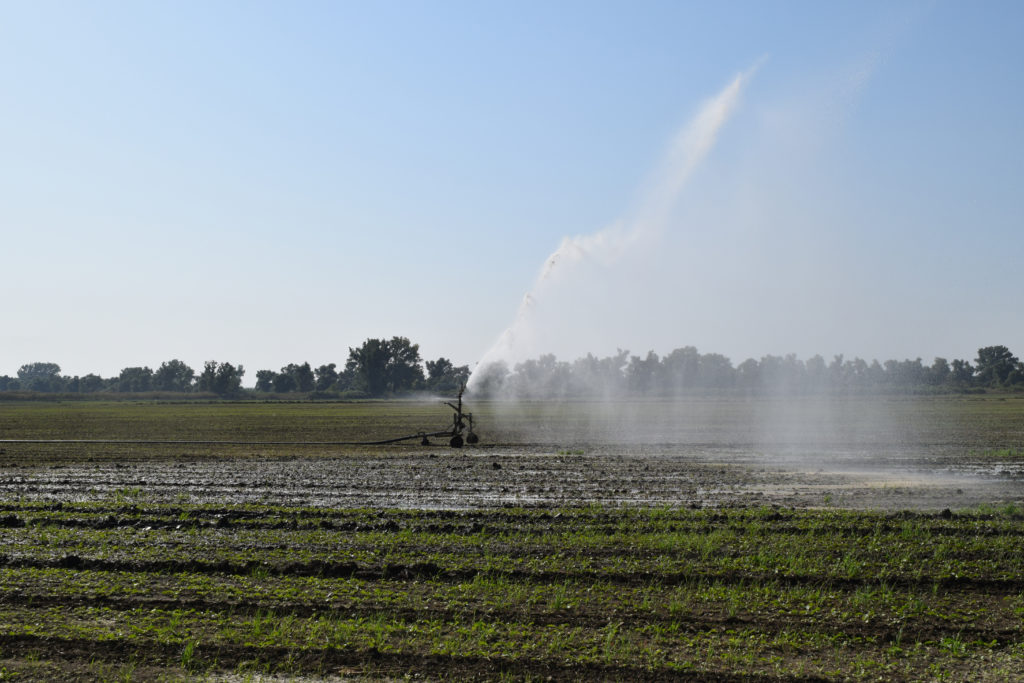 f irrigation systems is going to reflect crop choice, field location, and growing medium. In addition to the delivery method, it is important to properly
f irrigation systems is going to reflect crop choice, field location, and growing medium. In addition to the delivery method, it is important to properly
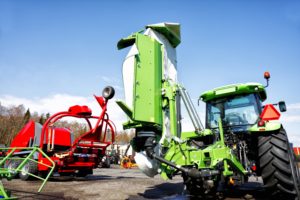
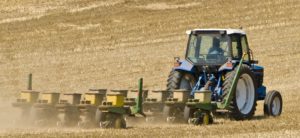
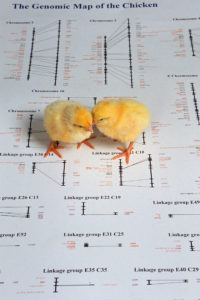

 Drones are a new, low-cost and high-precision way to obtain geo-tagged aerial survey images.
Drones are a new, low-cost and high-precision way to obtain geo-tagged aerial survey images.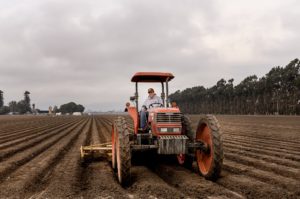 nology, vast amounts of farm land, and an entrepreneurial population.
nology, vast amounts of farm land, and an entrepreneurial population.